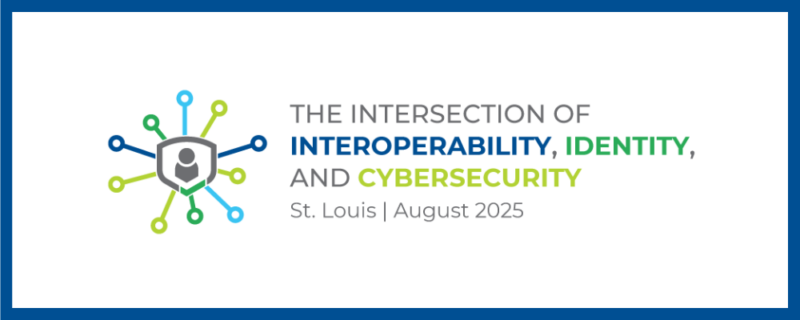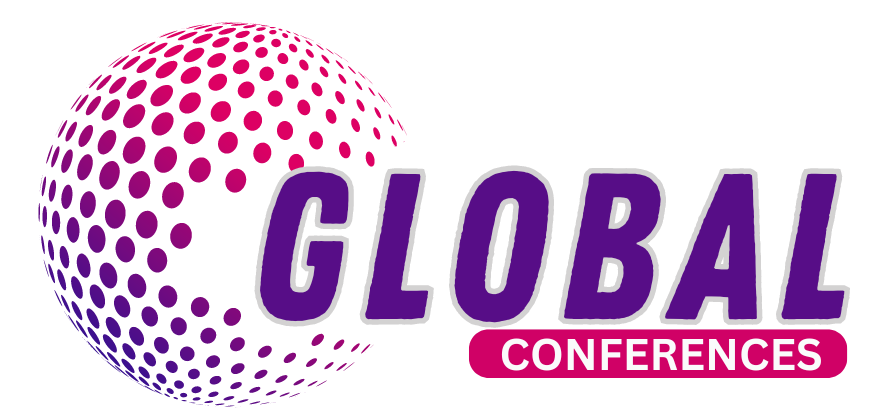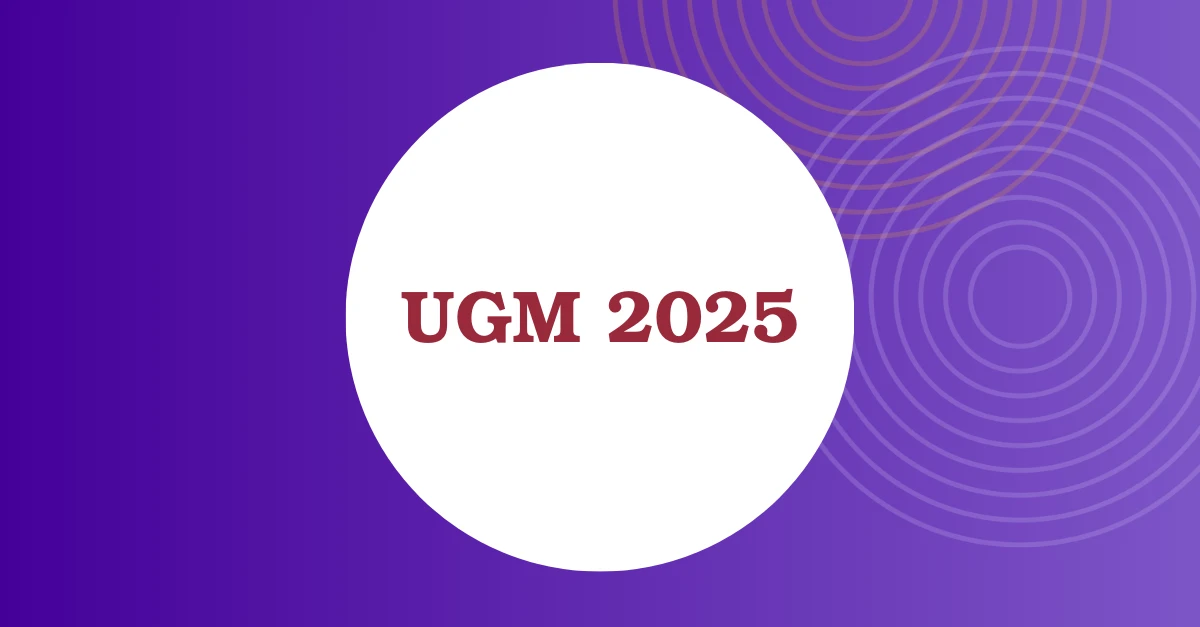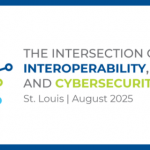Ireland at Risk of Falling a Decade Behind on Electronic Health Records, Experts Warn
Ireland could be at least ten years away from implementing electronic health records (EHRs) for patients if it continues to follow the current health service plan, according to speakers at an international digital health conference held at Maynooth University.
Professor Martin Curley, Director of the Digital Health Ecosystem, emphasized that every citizen should have access to their health records via their phone. He argued that the technology already exists to develop a world-class digital health infrastructure.
“A single, unified health record should follow each patient—whether they visit a GP, a pharmacy, or an emergency department,” Prof Curley said. This level of integration would not only allow clinicians across the system to access vital information but also empower patients to take greater control of their health.
He clarified that his critique of the current rollout strategy was not intended to discredit the Health Service Executive (HSE) or the Department of Health, but to advocate for urgent action.
In response, the HSE said digitisation efforts are progressing quickly under the current Programme for Government. It noted that once the business case for the National Electronic Health Record is approved, the system could be implemented over a seven-year period.
HSE Chief Technology Officer Damien McCallion highlighted existing digital achievements, including the automation of administrative tasks, which has saved an estimated 750,000 hours, and the deployment of electronic records across maternity services.
Prof Curley acknowledged that key digital tools are already available and in use. However, he pointed out the lack of a fully integrated, nationwide rollout connecting hospitals, GPs, pharmacies, and patients.
Conference speakers noted that Ireland remains well behind other countries in digital health record adoption. They warned that paper records are prone to being lost, illegible, or inaccessible, while electronic systems offer real-time access and updates throughout the healthcare network.
The HSE said the pace of digital transformation depends on several critical elements, including dedicated funding and staffing. Planned initiatives include a national EHR system, a shared care record to give health professionals access to patient data wherever they present, and a patient app to enable people to manage their health details digitally.
Other digitisation efforts under way involve diagnostic services like radiology and laboratory testing, as well as a national e-prescribing system designed to centralize prescribing and dispensing data.
Dr. John Sheehan of Blackrock Health suggested that with an initial investment of €10 million, Ireland could build a scalable digital health model, drawing on Estonia’s successful example.
Among the innovations presented at the conference were smartwatch-based fall detection systems, an early warning system for sepsis, and automatic delivery of GP consultation notes to patients’ phones before they leave the clinic.
Experts at the event stressed that continued reliance on paper records is outdated, poses significant risks, and leaves Ireland short of fulfilling its GDPR obligations.
























